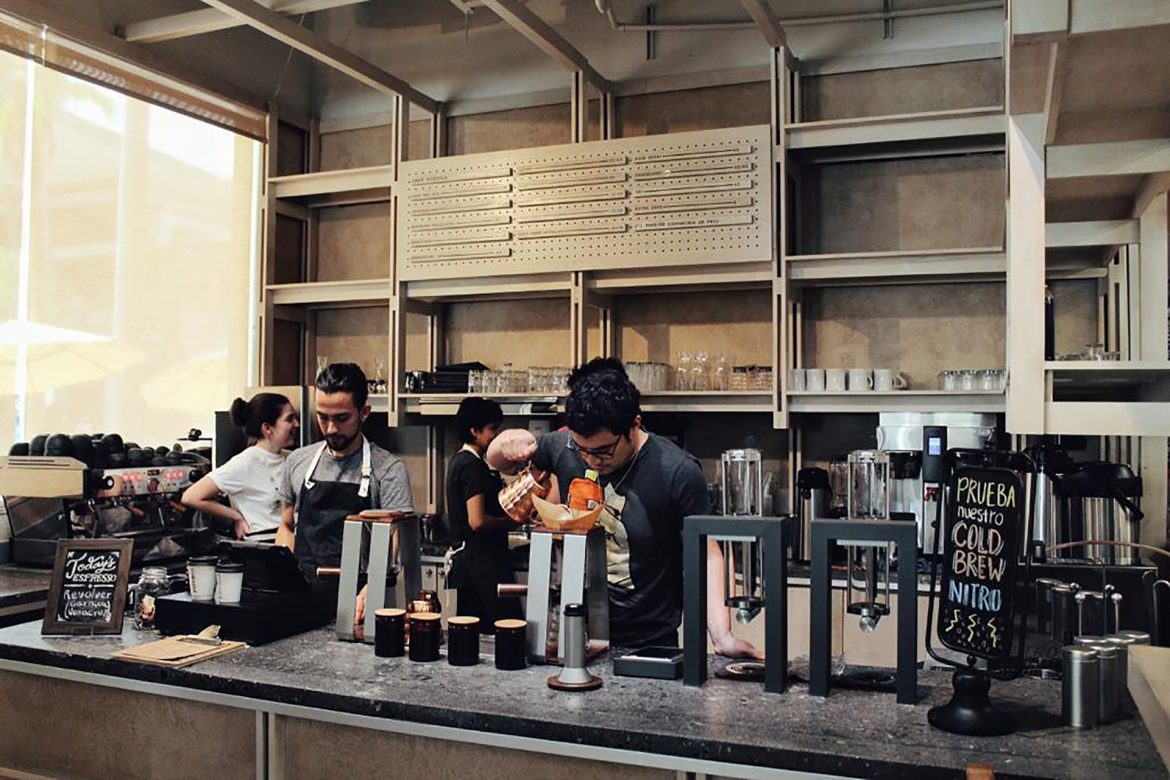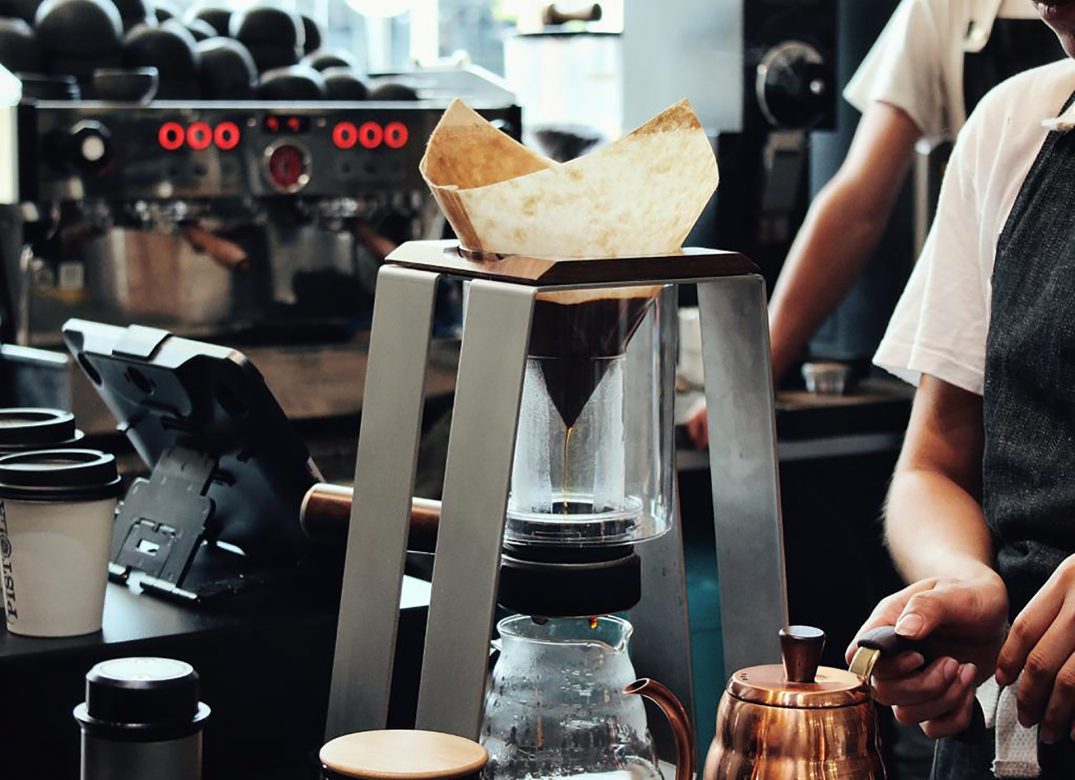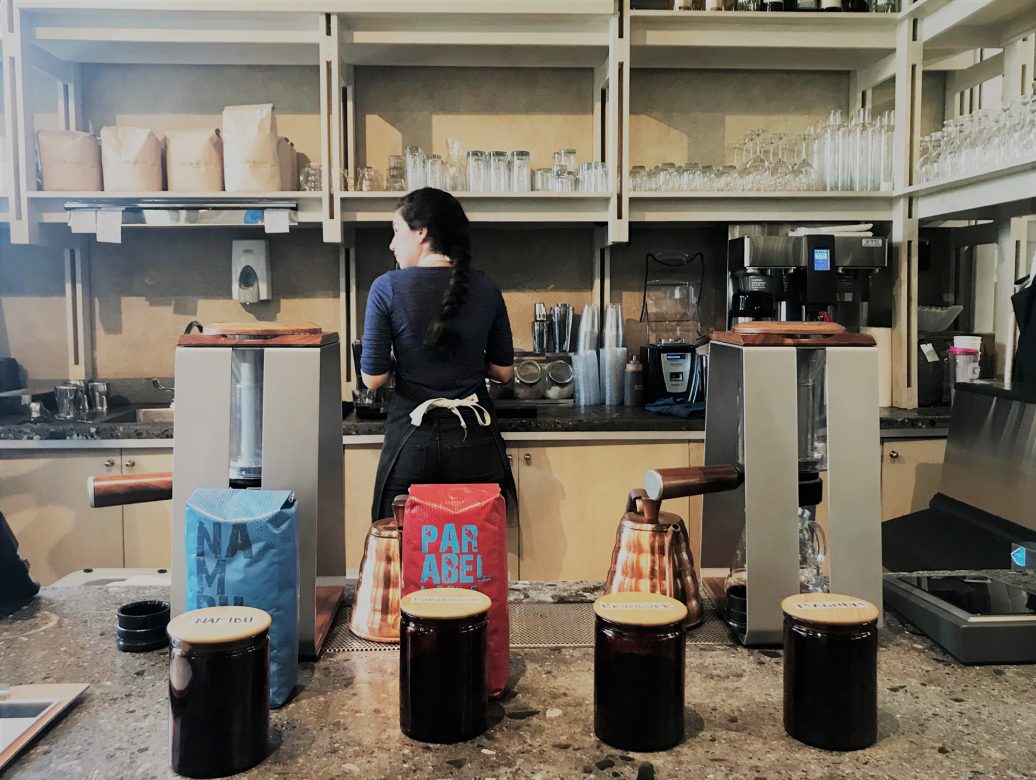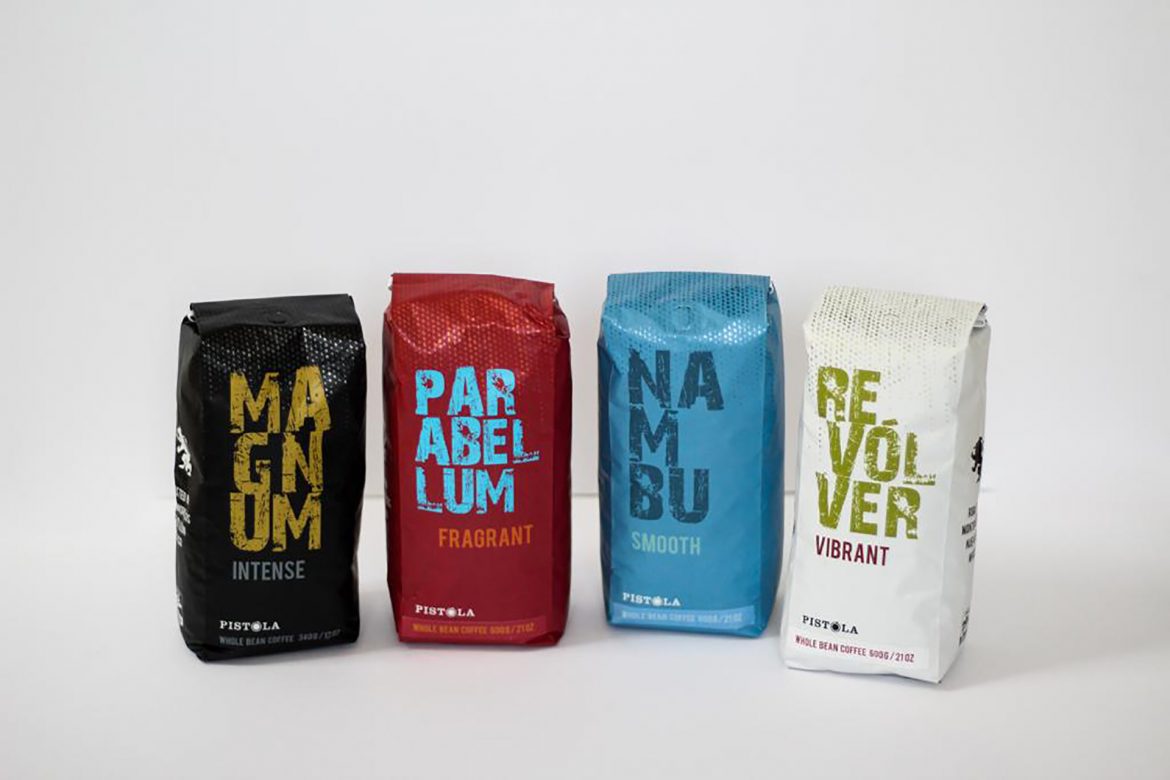
The current coffee scene in Mexico is facing a bit of a conundrum: production in the country has declined as consumption has increased. Mexico has gone from producing more than double what it used to consume (1.69 million tons in 2003) to producing almost only what is necessary to cover the national demand (0.82 million tons in 2016).
Along with the drop in production, demand has been increasing both globally and nationally (per capita consumption has gone from 29 oz. in 2005 to 49 oz. in 2017). It has been driven mainly by the millennial market and the rise of specialty coffee in the country.
But if Mexico City already boasts a large number of great coffee shops, other big cities in the country, such as Guadalajara and Monterrey, are just beginning to crawl in this direction. The latter has emerged as one of the most important cities in Mexico, and gradually, the industrial and technological city has seen its gastronomic scene also rise—and with it, the culture of specialty coffee.

One of the pioneers in this area is Café Pistola, run by a group of friends that names among its partners the founders of BreAd Panaderos—a local sourdough bakery that has changed the scene of loaves in the city—and a businessman with a wide history in the coffee market: Antonio Alanís comes from a family that started producing quality coffee in Mexico many decades ago.
“Our brand, Don Emilio, was born with my father,” Alanís says. “We focus on providing beans to cafes, restaurants, and other businesses. It’s good quality coffee, but it was not in this range of specialty coffees. Café Pistola was the chance to enter this new market thanks to a partnership with the guys from BreAd,” he explains. Alanís says that despite being a new brand, the concept of Café Pistola had been in his mind for at least five years.

Alanís has worked in his own roasting company long enough to acquire the know-how to develop the sensorial profiles of the coffee beans served to pair well with all the bread and other dishes created by the founders of BreAd: Alejandro Reyes, Juan Carlos Galán, and Bernardo Flores (who is Alanís’ cousin).
Café Pistola exclusively works with beans from Mexican farmers, from regions such as Chiapas and Veracruz, and different varieties like Bourbon, Caturra, and Catuaí. One of the partners’ main goals is to serve good, but also affordable, coffee. “In general, Mexican coffee is still expensive compared to other producing countries. But since we have a good production capacity, unlike other local micro-roasters, we have been able to offer coffee cups at a lower price, so more people can have our coffee,” he adds.

Café Pistola serves four types of coffee, with different flavor profiles (Magnum, Parabellum, Nambu, and Revolver) that vary from those with more acidity, with a tangy, fruity taste, to those more intense and bitter. The main goal is to keep coffee unpretentious, so as not to frighten the novice drinker. “Few know the difference between a Geisha and a Bourbon, or how the altitude impacts quality… Our coffee needs to be democratic to both help shape the new local consumer taste and please connoisseurs,” Alanís points out.
Each of their blends is named after a firearm, in reference to the coffee shop’s name itself: Pistola as a symbol of the world’s greatest revolutions—such as the specialty coffee revolution. They are also “fighting” for the Mexican coffee identity, taking advantage that the country is in a strategic location, with the potential and the chance to provide good coffee to neighboring countries, such as the United States, which is the largest consumer of specialty coffees in the world.
With their own ammunition (good quality coffee, affordable price, local beans), the founders of Café Pistola want to hit their target and help transform the scene of Mexican coffee. A revolution that is worth fighting for.
Café Pistola is located at
Rafael Tonon is a freelance journalist based in Brazil. Read more Rafael Tonon on Sprudge.
The post Starting A Coffee Revolution In Monterrey With Café Pistola appeared first on Sprudge.

